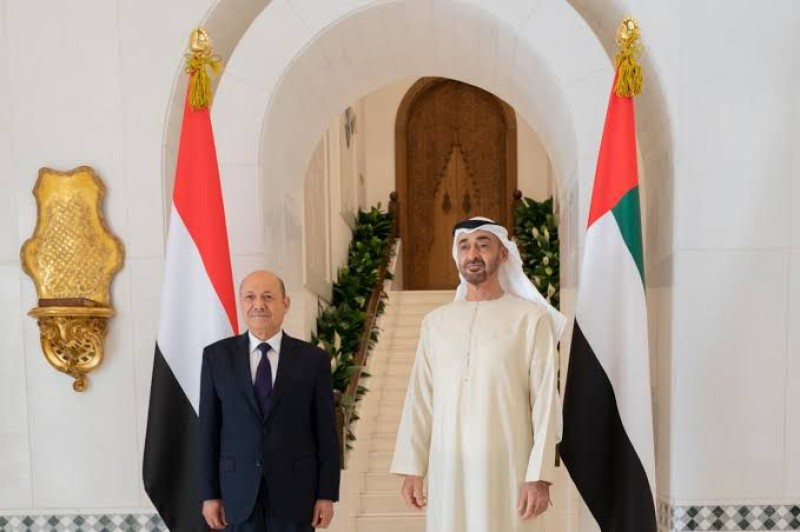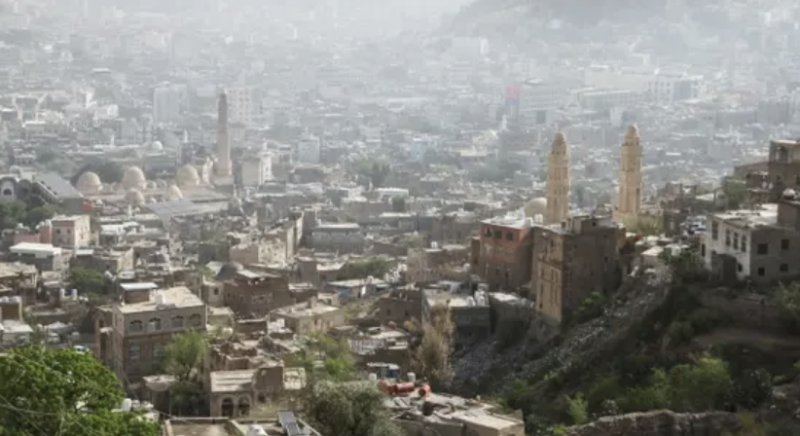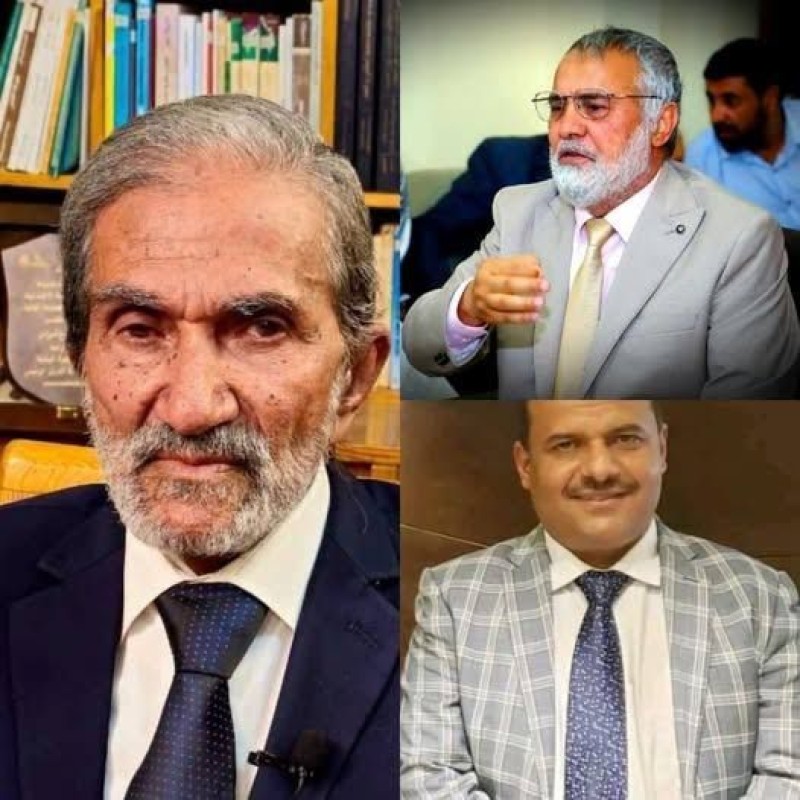US to review Yemen Houthi terrorist label, end Saudi support: Blinken


US President-elect Joe Biden's administration will quickly revisit the designation of Yemen's Houthi rebels as terrorists and end support of the intervention of the Saudi-led collition in the country, his pick for secretary of state, Antony Blinken, said late on Tuesday.
At his confirmation hearing, Blinken said he would "immediately" review the outgoing Trump administration's labeling of the Iran-linked insurgents, fearing the move was worsening a humanitarian crisis.
"At least on its surface, (the designation) seems to achieve nothing particularly practical in advancing the efforts against the Houthis and to bring them back to the negotiating table while making it even more difficult than it already is to provide humanitarian assistance to people who desperately need it," Blinken told the Senate Foreign Relations Committee.
Donald Trump's administration announced the move on January 11, nine days before Biden takes over on Wednesday.
"The Houthis bear significant responsibility for what's happened in Yemen, but the way the campaign has been conducted has also contributed significantly to that situation. And so our support should end," Blinken said.
Warnings From Houthis
The United Nations and aid groups have warned the terrorist designation risks worsening the plight of a country where millions depend on aid to survive.
The designation took effect Tuesday, with the Houthis warning they would respond to any action against them.
"We are ready to take all necessary measures against any hostile act," they said in a statement.
The designation is expected to halt many transactions with Houthi authorities, including bank transfers and payments to medical personnel and for food and fuel, due to fears of US prosecution.
The US Department of the Treasury, however, has issued humanitarian exemptions under which it would be permissible for aid organisations to deal with the Houthis, according to its website.
The Treasury's Office of Foreign Assets Control, responsible for overseas sanctions, had "issued four general licenses to facilitate the uninterrupted flow of humanitarian assistance and certain other critical commodities to the people of Yemen".
Stephane Dujarric, spokesman for UN Secretary General Antonio Guterres, called on the United States to reverse the Trump administration's move.
"Our position on this has not changed," Dujarric said. "We call on the government to reverse that decision."
"Our concern from the beginning, that we expressed very clearly, is the impact on the commercial sector," he said.
"The vast majority of food and other basic supplies that comes into Yemen comes in through the commercial sector."
Outgoing Secretary of State Mike Pompeo, in announcing the designation, pointed to an attack on the airport in Yemen's second city Aden in late December targeting the new Yemeni government that was blamed on the Houthis.
Blinken said the United States remained "clear-eyed about the Houthis".
"They overthrew a government in Yemen, they engaged in a path of aggression through the country, they directed aggression toward Saudi Arabia and committed atrocities and human rights abuses," he said. "And that is a fact."
But he said that efforts by Pompeo to exempt aid groups were insufficient as they concerned US rather than international groups.
Aid groups fear that they will face legal problems in the United States by interacting with the Houthis, which they say is unavoidable as they are the de facto government in much of Yemen.

Aden — Yemen has extended warm congratulations to the United Arab Emirates on the occasion of its 54th National Day, marking the anniversary…

Taiz — Heavy artillery fire launched by Houthi militia forces struck residential neighborhoods in northern Taiz on Monday, causing widespread…

Sana'a -- Houthi militias have released prominent academic Dr. Hamoud al-‘Oudi and engineer Abdulrahman al-‘Alfi after nearly three wee…